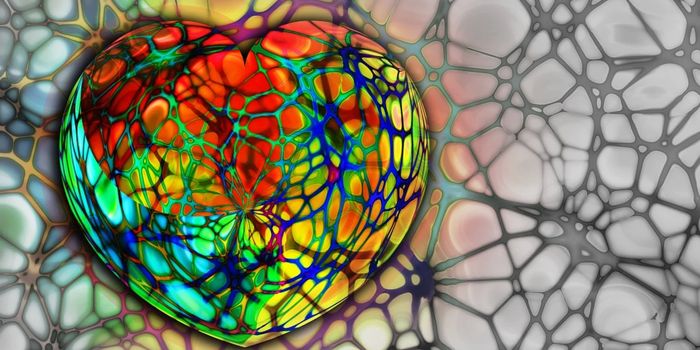New Research on Strength Training and Muscle Building
New research published in Sports Medicine has shown that pushing yourself to failure in strength training will likely improve your muscle mass but may not impact your muscle strength.
In the study, data from 55 previous studies were meta-analyzed to determine the relationship between muscle strength, muscle size, and failure rate during strength training. The researchers estimated the number of repetitions in reserve for athletes, or the number of repetitions the athletes could have completed before failure, and ran statistical analyses to determine how this number was related to strength gains and muscle growth. The goal of the study was to see how the number of repetitions in reserve could be used to improve strength training programs and clarify outcomes in training.
The results showed that closely approaching failure during strength training does not have a clear impact on strength gains; those who stop far from failure have similar gains to those who approach failure. However, approaching failure during training did seem to result in greater muscle growth. If you are aiming for larger muscles, it may make sense to come close to failure during your strength training sessions. However, if maximizing strength is the ultimate goal, one should aim to increase weights without necessarily approaching failure.
The authors stated that training closer to failure can increase the accuracy of athletes’ estimates of their number of repetitions in reserve. More accurate estimates of this number can help athletes choose the heaviest weights possible for their training, which will improve both muscle mass and overall strength gains. If in doubt, aiming to approach failure during strength training is likely to be the best option for improving both strength and muscle growth. Strength training and other forms of physical activity are important for keeping the heart healthy and maximizing wellbeing in addition to their benefits for strength and muscle growth.
Sources: Sports Medicine, Science Daily








